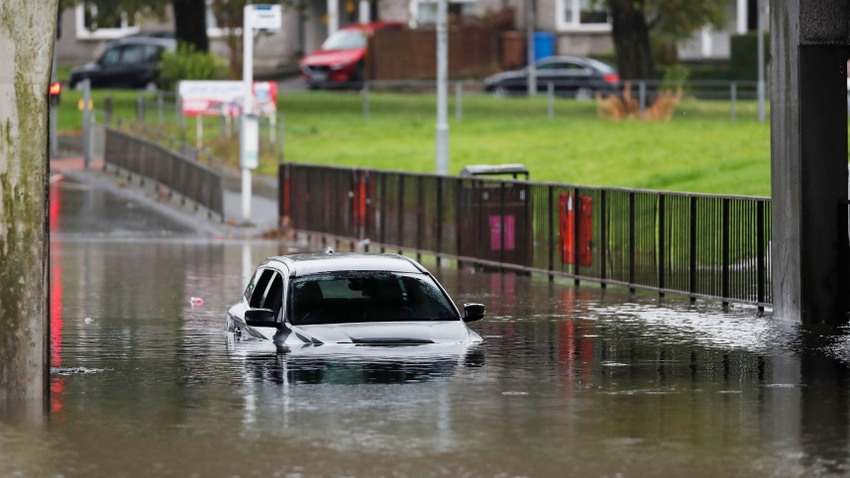Google Uses AI to Detect Floods a Week in Advance
Google’s AI flood forecasting model combines historical and current data to accurately predict floods

Google has developed an AI system that can identify river flooding a week before it happens.
Google Research provided insight into its AI flood detection system that uses machine learning to analyze current and historical data to determine whether a flood could occur.
Floods are one of the most common and destructive natural disasters globally, causing billions in damages annually. According to the World Bank, around 1.5 billion people are exposed to substantial flood risks. Providing accurate and timely flood warnings can help save lives and mitigate damage.
Google’s AI system can detect early indicators of rising water levels and predict whether rivers are likely to exceed their banks, posing a flood risk to surrounding areas.
Using AI, Google can provide accurate and timely flood warnings across 80 countries. These forecasts are made public through Google Search, Google Maps and notifications on Android devices.
Google says its AI flood forecasts have a higher accuracy and longer lead time compared to current state-of-the-art systems, especially for larger and less frequent flood events.
Google’s AI flood detection system was trained on public data through weather forecasts and streamflow gauges, which monitor river levels.
The system is based on a machine learning architecture that generates predictions based on current and historical weather data.
The AI model analyzes meteorological data, including precipitation and temperature, along with geographic and geophysical data to predict the severity of floods.
Google’s AI model accurately forecasts floods even for areas where relevant data is scarce, like riverbeds that lack streamflow gauges, which can be expensive.
“Lower gross domestic product (GDP) is correlated with increased vulnerability to flood risks, and there is an inverse correlation between national GDP and the amount of publicly available data in a country,” Google researchers Yossi Matias and Grey Nearing wrote in a blog post.
“Machine learning helps to address this problem by allowing a single model to be trained on all available river data and to be applied to ungauged basins where no data are available. In this way, models can be trained globally, and can make predictions for any river location,” Matias said.
Google has been working on its flood detection system since 2018, when it conducted a pilot in India’s Patna region, one of the country’s most flood-prone states.
Following successful tests, Google expanded its capabilities to provide real-time flood information to communities across Africa, APAC and Southern and Central America.
The company is also working with the World Meteorological Organization to support early warning systems, which Google says could pave the way for applying AI to mitigate additional climate change risks and natural disasters beyond flooding.
Read more about:
ChatGPT / Generative AIAbout the Author(s)
You May Also Like


.jpg?width=700&auto=webp&quality=80&disable=upscale)
.jpg?width=700&auto=webp&quality=80&disable=upscale)

.jpg?width=300&auto=webp&quality=80&disable=upscale)
.jpg?width=300&auto=webp&quality=80&disable=upscale)
.jpg?width=300&auto=webp&quality=80&disable=upscale)
.jpg?width=300&auto=webp&quality=80&disable=upscale)
.jpg?width=300&auto=webp&quality=80&disable=upscale)